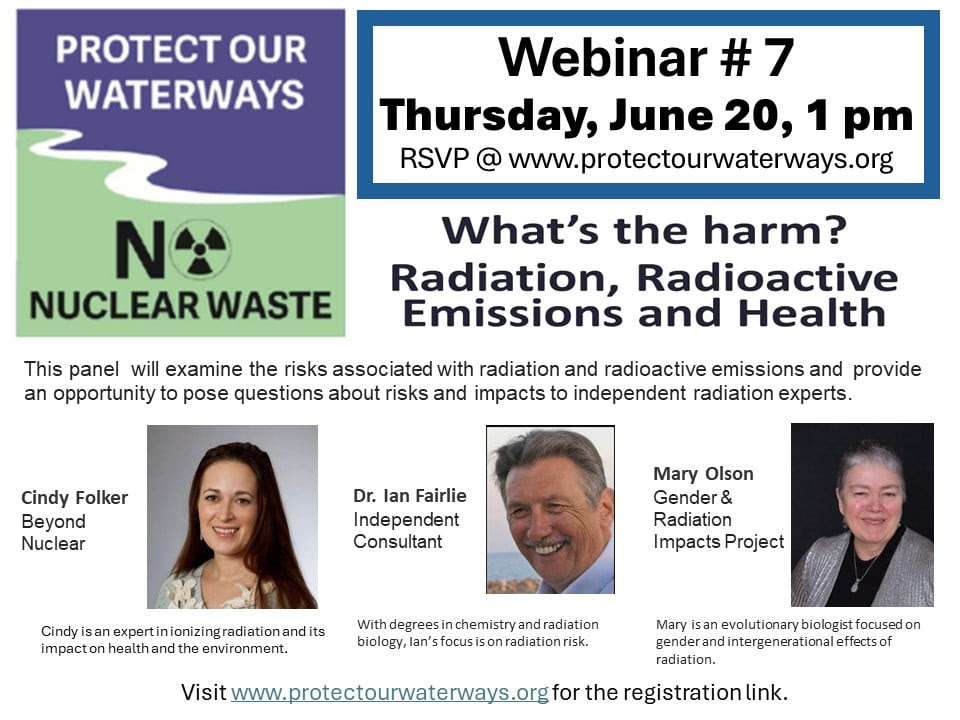Rocket launches may be damaging the ozone layer
Rocket launches could be affecting our ozone layer, say experts.
Industry experts are calling for more research into how launches affect our atmosphere, Nicole Mortillaro · CBC News · Apr 23, 2021
Industry experts are calling for more research into how launches affect our atmosphere Rocket launches are a breathtaking culmination of human ingenuity as they propel us into the future, but there is a growing concern that not enough research has been done on their effect on the environment.
While some may be worried about potential greenhouse gas emissions that’s not the main issue. Instead, it’s ozone depletion and the potential effects in our upper atmosphere, specifically the stratosphere, along with concerns about toxic fuels.
The problem has flown under the radar, according to Martin Ross, an atmospheric scientist at The Aerospace Corporation, because people still think of rocket launches as rare.
But it’s time to face the fact that we may be entering a boom era, he said.
“One of the arguments that people have used in the past was to say that we don’t really need to pay attention to rockets or to the space industry, or the space industry is small, and it’s always going to be small,” Ross said.
“But I think the developments that we’re seeing the past few years show that … space is entering this very rapid growth phase like aviation saw in the ’20s and ’30s.”
Black soot in the atmosphere
The stratosphere is an important weather driver for Earth’s systems, and that’s where some particles from rocket launches are ending up.
The ozone layer, which helps protect us from the sun’s harmful ultraviolet rays, is also located in the stratosphere. In 1990, the Montreal Protocol was signed into law, banning harmful ozone-depleting substances, such as chlorofluorocarbons (CFCs), used in things like refrigerators and air conditioners, after it was revealed that the ozone layer was being stripped away by these chemicals. While the protocol touched on airlines, there was no mention of the aerospace industry.
But now some industry experts are concerned that with no oversight, we could be in for a problem.
There are different types of rocket propellants. Some, like liquid oxygen and liquid hydrogen, produce mainly water vapour and have little environmental impact. These were used in past shuttle launches and even in the Apollo-era Saturn V vehicles.
Then there are those that produce alumina particles in the stratosphere, such as those in solid rocket boosters, which were also used in past shuttle launches, and are still being used today by some launch companies.
Finally, there are those that deposit black soot in the stratosphere, such as kerosene used in SpaceX’s Falcon 9 and Russia’s Soyuz rockets.
It’s the alumina and black soot that is most concerning to experts.
“The atmosphere is complex,” said Jessica Dallas, a PhD candidate at the Australian Centre for Space Engineering Research, in New South Wales. “We don’t have a complete understanding of atmospheric circulation and how all of the mechanisms in the atmosphere actually work. And so that means that we also don’t have a good idea of what happens when we’re injecting these particles into the stratosphere.”
Dallas, who wrote a comprehensive analysis of research on rocket propellants, said that she’s concerned that there haven’t been studies on how these particles interact in our atmosphere………………………. https://www.cbc.ca/news/science/rocket-launches-environment-1.5995252
No comments yet.
-
Archives
- June 2024 (168)
- May 2024 (373)
- April 2024 (366)
- March 2024 (335)
- February 2024 (345)
- January 2024 (374)
- December 2023 (333)
- November 2023 (342)
- October 2023 (366)
- September 2023 (353)
- August 2023 (356)
- July 2023 (362)
-
Categories
- 1
- 1 NUCLEAR ISSUES
- business and costs
- climate change
- culture and arts
- ENERGY
- environment
- health
- history
- indigenous issues
- Legal
- marketing of nuclear
- media
- opposition to nuclear
- PERSONAL STORIES
- politics
- politics international
- Religion and ethics
- safety
- secrets,lies and civil liberties
- spinbuster
- technology
- Uranium
- wastes
- weapons and war
- Women
- 2 WORLD
- ACTION
- AFRICA
- Atrocities
- AUSTRALIA
- Christina's notes
- Christina's themes
- culture and arts
- Fuk 2022
- Fuk 2023
- Fukushima 2017
- Fukushima 2018
- fukushima 2019
- Fukushima 2020
- Fukushima 2021
- general
- global warming
- Humour (God we need it)
- Nuclear
- RARE EARTHS
- Reference
- resources – print
- Resources -audiovicual
- World
- World Nuclear
- YouTube
-
RSS
Entries RSS
Comments RSS


Leave a comment